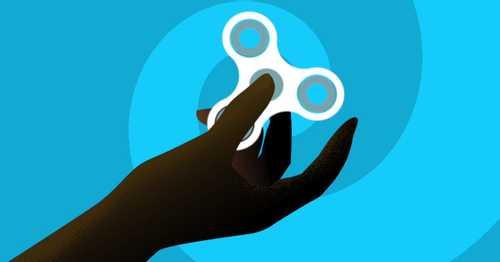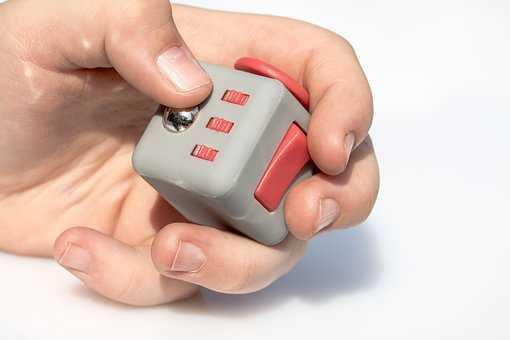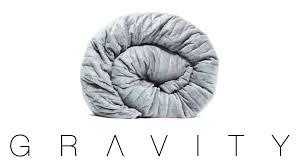Fidget spinners, weighted blankets, and the rise of anxiety consumerism
Curated from: vox.com
Ideas, facts & insights covering these topics:
8 ideas
·2.08K reads
7
Explore the World's Best Ideas
Join today and uncover 100+ curated journeys from 50+ topics. Unlock access to our mobile app with extensive features.
The rise of the anxiety economy
Two Kickstarter campaigns set out to raise money to create products that claimed to relieve stress. Both made millions, but more importantly: They helped to create an entire economy out of the treatment of anxiety with simple products.
Despite the lack of scientific data, these products became so popular because people who watched the video donated with the belief that the devices might actually work.
43
183 reads
Anxiety - the most common mental illness
Anxiety affects 18.1 percent of Americans each year and almost one-third of Americans over their lifetimes.
There might be many probable causes, for instance, social media or toxins. Or, we might be overdiagnosing anxiety. Either way, those who suffer from anxiety want a solution, and they are turning to digital therapists, apps, and videos for relief. This makes the person who suffers from anxiety the most ideal consumer for this era's most marketable products.
78
212 reads
The Fidget Cube
The Fidget Cube became the 10th most funded project of all time. That was because of a few factors:
- The fidget spinner is a product that we can relate to because most of us feel the need to fidget.
- A well-produced satirical video went viral
- It was a novelty of an entirely new kind of product.
43
177 reads
The Fidget Spinner
By the time the Fidget Cube was released, versions of spinning toys like the Fidget Spinner had already flooded the market. Variations of this toy were marketed as therapeutic aids for children with ADHD, anxiety and autism.
However, it was only after Forbes claimed fidget spinners as the toy to have, that sales increased exponentially.
66
747 reads
The case of the weighted blanket
The product team of Futurism noticed articles about the science of sleep and stress were getting a lot of traffic. They took the old idea of weighted blankets, used to treat children with autism and other disorders, gave it a new look, and marketed it with the promise that it could relieve stress and anxiety.
The gravity blanket, like the fidget spinner, succeeded because of good design, universal appeal, and the products' novelty.
61
264 reads
The ethics of treating anxiety with stuff
The question that needs to be asked is if millions of dollars should be made in the economy of anxiety products.
It is easy to create a market around anxiety. The groundwork has been made. The market is ready to invest in non-medical and alternative forms of treatment.
46
176 reads
The unspoken truth
Although the symptoms are relieved somewhat, none of these products solves the underlying problem.
Fidget devices can help to move our attention away from our thoughts and redirect them to something physical. Weighted blankets may calm us down long enough to fall asleep. But they don't solve the underlying cause of anxiety or other disorders.
46
144 reads
We don't understand how to deal with mental health
The Fidget Cube and the Gravity Blanket raised millions of dollars because they diagnosed people with a simple problem that exists for every single person: We fidget at times. We have trouble falling asleep.
Now that we are aware that we might have problems, we realize we should take care of ourselves to avoid an early death. Yet, the knowledge of our anxiety creates more anxiety, and because we don't understand how to deal with it, we throw products at it.
61
185 reads
IDEAS CURATED BY
Camille A.'s ideas are part of this journey:
Learn more about health with this collection
How to strengthen your willpower
How to overcome temptation and distractions
The role of motivation in willpower
Related collections
Similar ideas
3 ideas
Anxiety and stress weighing heavily at night? A new blanket might help
health.harvard.edu
23 ideas
5 ideas
Read & Learn
20x Faster
without
deepstash
with
deepstash
with
deepstash
Personalized microlearning
—
100+ Learning Journeys
—
Access to 200,000+ ideas
—
Access to the mobile app
—
Unlimited idea saving
—
—
Unlimited history
—
—
Unlimited listening to ideas
—
—
Downloading & offline access
—
—
Supercharge your mind with one idea per day
Enter your email and spend 1 minute every day to learn something new.
I agree to receive email updates



